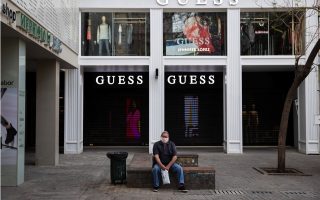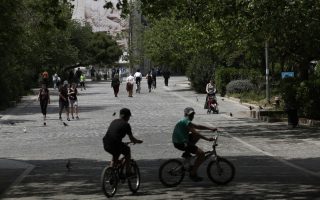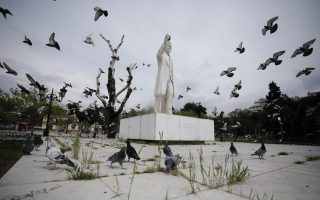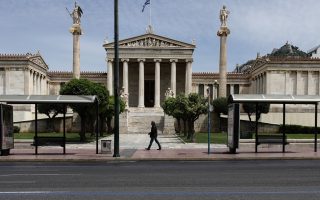Seasonal rhetoric or a reform milestone?
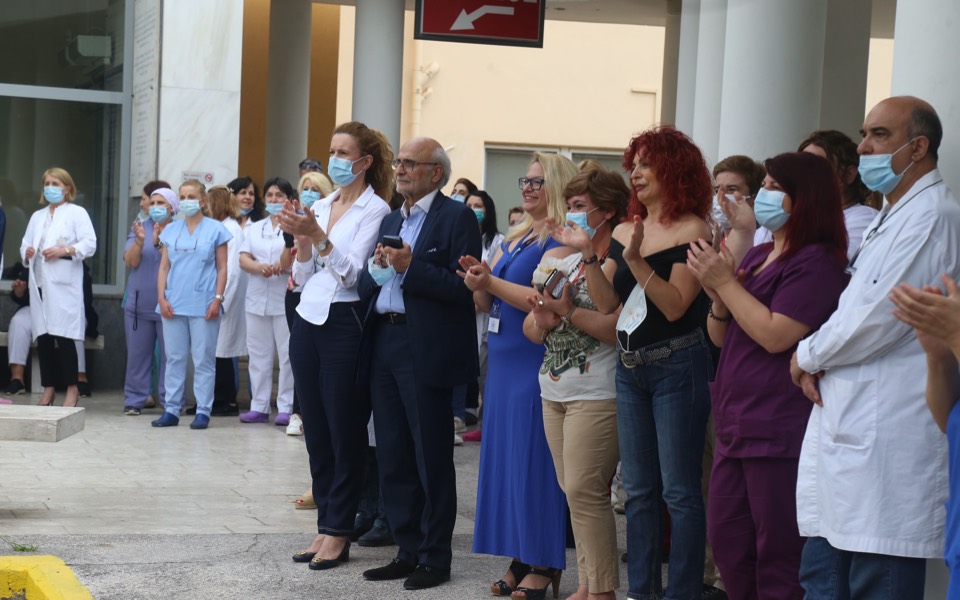
“Society is clearly expecting something different right now from politics and politicians to what it possibly expected some time ago,” Prime Minister Kyriakos Mitsotakis said recently. “We all need to rediscover our role, speaking of the opposition but also the government leading the country. By virtue of its position, its institutional position, it does not need the confrontation with parties struggling to survive by having their political say. It can convey a different point of view, one that is more generous and insightful,” former deputy prime minister Evangelos Venizelos said in a recent interview, arguing that he regards the discourse between political parties right now as somewhat “old-school.”
“The old ideological lines are fading. There is no Left or Right anymore, just forward or backward,” the prime minister also said.
What is this “something different” society expects from its political leadership? Is it prepared for a “more generous and insightful” form of discourse? Is the Left-Right divide really “old-school” and has it been replaced by “forward or backward”? And what if staying the same is the key to the survival for political parties (at least some of them)?
The violent entry of the coronavirus into our lives has challenged economic realities, the pace of life and much we took for granted. To be more precise, it did not just challenge them, but has accelerated their change, and as such demands politicians with a heightened sense of emotional maturity, who are flexible and reliable. Broken promises and commitments now signal the end and not the beginning of the ascent to power. The debates between political leaderships are not focused on different programs and solutions (and haven’t been for several years), but on the priorities being set and on how they will be implemented.
With social media confusing as much as it informs the public, citizens are looking to people who give them a sense of stability and trust. The government’s handling of the pandemic has helped contain public fear and earned the administration high marks in public opinion polls. The swift and unorthodox measures applied to a society that responded with exemplary conscientiousness acted as a catalyst.
Apart from ensuring that Greece suffered among the fewest relative losses in the world, they also demonstrated how the “best-case scenario” is possible by showing that the country can respect rules and adjust to tele-education, digital changes and electronic governance. The response to the pandemic has shown that Greeks can rise to the occasion when they are given responsibility for their actions, when their worst instincts aren’t pandered to, when they’re not having social divisions crammed down their throats and when they’re credited for their part in the success or failure of a plan.
Most importantly, the response to the health crisis has helped restore society’s tattered relationship with the state, with its institutions and services. It has allowed state workers to assume starring roles – from the police and security forces to educators and scientists in different spheres. Some may argue that they are just doing their jobs. They should not forget recent examples where a collapse of the state machinery, a lack of coordination and direction, resulted in tragedy and loss of life.
That said, nothing is over yet, nothing can be considered done without the final step that will keep all the links in the chain attached and contribute to the reversal of the paradigm. The pandemic has brought people who normally go unnoticed into the limelight: from supermarket workers and hospital doctors, nurses and cleaners, to scientists and researchers. If this recasting of role models proves to be more than a passing thing or public relations stunt, it will be a very important change indeed.
